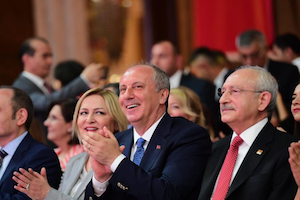A Crisis Foretold: Anatomy of Turkey's Threatening Economic Meltdown
By Barış Soydan
August 22, 2018
Last year, Turkey was the fastest growing economy among the G20 countries. Now it is going through a severe currency crisis. The lira has lost more than 40 percent against the US dollar this year. A recession is at the door. President Recep Tayyip Erdoğan accuses the United States of waging economic 'war' against Turkey and has threatened to ‘look for new allies’. Yet Turkey has no alternative to Western capital, and will sooner or later going to have to do whatever it takes to restore the confidence of Western investors.
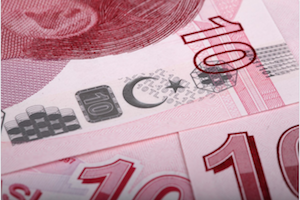
Can Turkey Change?
By Halil Karaveli
July 16, 2018
Though not impossible, change remains an unlikely prospect in Turkey. Seen in a larger historical perspective, the switch from parliamentarianism to presidential rule represents less of a break with continuity than one would imagine. Similarly, the June 24 elections showed that Turkish electoral dynamics remain largely unchanged, even though the social democrat candidate Muharrem İnce’s campaign as well as his result did go some way in illustrating how these dynamics may ultimately change.
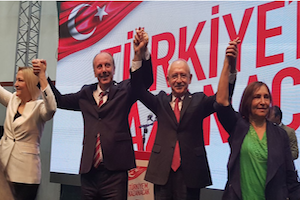
The Akkuyu Nuclear Power Plant and Deepening Turkish-Russian Relations
By John C. K. Daly
July 5, 2018
For years Turkey, which imports 90 percent of its energy needs, has considered any and all options to lessen its import costs, including nuclear. The country’s energy requirements have persistently pitted the government against the country’s environmentalist lobby, one of the strongest in the Middle East. Despite such concerns, Turkey’s nuclear lobby has scored a decisive victory, as the ground has been broken for the nation’s first nuclear power plant (NPP) at Akkuyu on the southern Mediterranean coast.
Akkuyu will consist of four 1,200 megawatt (MW) VVER reactors producing a total of 4,800 MW. The Akkuyu NPP, being constructed by the Russian state nuclear energy corporation Rosatom, is projected to meet 10 percent of Turkey's future energy requirements. The first unit of the plant is scheduled to come online in 2023, with the NPP’s overall cost projected to be $20 billion.
KEY ISSUE: On April 3 President Recep Tayyip Erdoğan hosted Russian President Vladimir Putin at the presidential complex in Ankara, where they attended via teleconference the Akkuyu NPP groundbreaking ceremony, an event described by Erdoğan as a “historic moment.” Putin remarked, "It is difficult to overestimate the significance of this large-scale, innovative project. In essence, today we are not only witnessing the construction of Turkey's first nuclear power plant, but we are also creating the basis of Turkey's nuclear industry as a whole.” Despite such optimism about bringing the facility’s first reactor online in 2023, the 100th anniversary of the Republic of Turkey, as highlighted by both Putin and Erdoğan in their ceremonial speeches, it remains to be seen whether such an ambitious agenda will be fully implemented in the future.
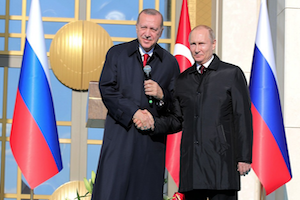
Illusion's End: Erdoğan and Turkey's Coming Economic Chill
By Gareth H. Jenkins
June 20, 2018
The rapid depreciation in the value of the Turkish Lira since the beginning of 2018 is the product not only of the collapse of any remaining vestiges of investor confidence in the regime of President Recep Tayyip Erdoğan but a symptom of the failure of the ruling Justice and Development Party (AKP) to address the long-standing structural vulnerabilities of the Turkish economy.
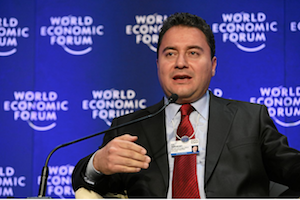
Will the Kurdish Question Secure Erdoğan's Re-election?
By Halil Karaveli
June 18, 2018
The Kurdish question may serve President Recep Tayyip Erdoğan, helping to secure his re-election. The election campaign has demonstrated that Erdoğan no longer energizes the masses; after fifteen years in power, the Turkish president shows every sign of being worn out. He is no longer an inspirational leader; he has nothing new to say or to promise. But Erdoğan nonetheless retains the loyalty of the AKP base. And as the spokesperson of the nationalism of the Turkish state he is assured of enough non-partisan support as well.
